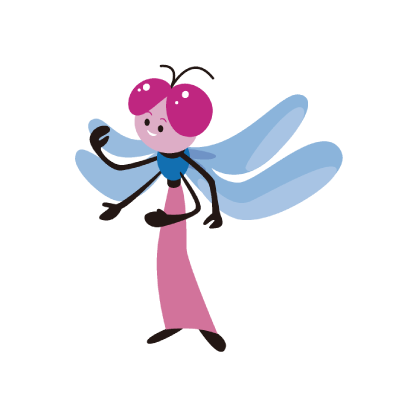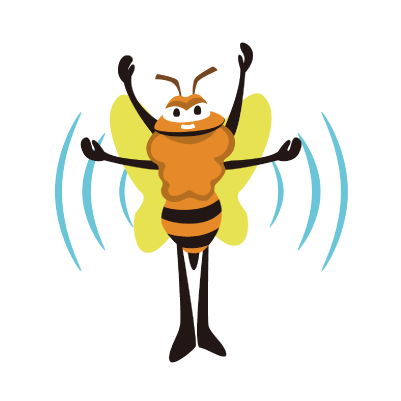Hey, wait a minute! I saw on the office website that this year’s theme is “Live like you play, create like you play.”
I mean, that’s nice and all, but the kids still have it tough.


Grr… well, yeah, “Live like you play, create like you play” has been our theme since last year, but it’s not exactly what you think…
Oh, come on… explain it in a way I can understand.


It’s kind of hard to explain… but I’ll try my best.
Remember when we talked about Descartes and the idea of “division and delegation of thought”?
Yeah… I don’t fully get it yet, though.


In short, it’s the idea of separating humans from nature, and then analyzing nature by breaking it down into smaller parts.
But it also means that work and many other things become highly specialized and black-boxed.
Everything around us is divided and specialized, so each part becomes a world that ordinary people can’t understand.
I guess that makes sense.


Especially in city life.
For example, we have no idea where today’s food came from, how electricity gets to our homes, what happens to water after we flush, or even how our smartphones and pencils are made.
Yet, we can use all of these things without thinking about them. It’s a very convenient world, and we can survive without knowing any of it.
Well, that’s a good thing, isn’t it?


It is a good thing… but conversely, it also means we have to live without really knowing anything, and that might make it harder to feel the reality of being alive.
This is the kind of world we live in now—a convenient yet uncertain world, surrounded by “things broken down so finely that we can’t really understand them.”

I see… but how does this relate to play?


As I said earlier, modern society lets us live without knowing what it’s really like to learn and explore, which is essential and fun.
Look at the kids today—what do you see?
They just seem to be zoning out, I don’t even know what they’re thinking.


Exactly.
But that’s partly our fault as adults.
We’ve been giving them only desk learning and not letting them experience discovering things firsthand.
It made me think—am I okay living my life without really knowing things myself? Before thinking about the kids, I had to reflect on that.
Hmm… so what about play?


Since adulthood, we tend to feel we already know a lot, and society allows us to live without learning, so we forget that “play = trying to understand the world.”
This, I believe, is at the root of environmental issues… but let’s skip that for now.
I also think adults take away opportunities for children to play = opportunities to explore and understand the world.
I see.


Trying to learn about each part of a world that has become incomprehensible, and making it understandable to yourself, that’s what I call “play.”


I’m not talking about literal play. I mean the attitude of curiosity and exploration.
And first, we need to show children that we ourselves are trying to understand things.
If possible, we should also give them chances to explore.
The older one might not want to play along anymore, but someday, I think my kids will remember my example and it will help them.
So you mean, you’re playing hard for the sake of your children?


Exactly!
What we’re starting now requires this attitude of exploration—without it, things won’t work, even for work purposes.
That’s “creating as if playing.”
And play isn’t easy—it requires serious effort.
There’s an expert in “play = exploring the world” living near the new office (*1), and I have to keep up with them every day.
I know… you two are always off playing together… (Ah, I feel like I’ve been cleverly tricked…)

This is heavily dramatized, but about one-third is true.
What can we leave for our children?
This is a major theme as both a professional and a parent.
I think my own childhood had fewer opportunities than previous generations, but still far more than today’s children.
Passing those opportunities to the next generation is the minimum responsibility of an adult.
Reflecting on myself as a father, I haven’t done enough—but it’s not too late.
This is also one reason we moved the office.

